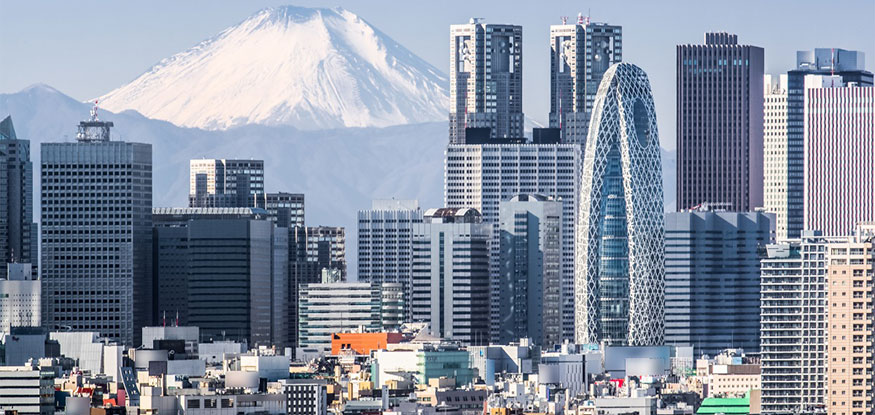The Economist Intelligence Unit’s (EIU) Safe Cities Index 2019 has ranked Tokyo to be the safest out of 60 cities which was achieved through the analysis of the city’s infrastructure, personal security, health and digitalization.
The smart city now holds this position for the third year in a row, according to Safe Cities Index’s previous reports. The report was based on research which was sponsored by NEC Corporation through which 60 cities were ranked based on 57 indicators.
The report, which was written by Paul Kiestra and edited by Naka Kondo and Chris Clague, aimed to shed light on the versatile and multi-faceted nature of urban cities.
It also revealed that six of the top 10 safest cities were held by Asia-Pacific countries such as Singapore, Osaka, Sydney, Seoul and Melbourne.
The top 10 consisted of: Tokyo, Singapore, Osaka, Amsterdam, Syndey, Toronto, Washington DC, Copenhagen, Denmark, Seoul, Melbourne and Australia.
The EIU stated that the aforementioned cities made it to the top 10 because they got the basics right.
The report stated, “A look at the top five cities in each pillar—digital, health, infrastructure and personal security—yields a similar message. In each area, leading cities got the basics right, be it easy access to high-quality healthcare, dedicated cyber-security teams, community-based police patrolling or disaster continuity planning. Even among the leaders, the weaknesses of those not in first place tended to vary from city to city. Those who want to improve need to get the basics in place and then consider their own specific situations.”
They also stated that “city safety is indivisible”. Meaning that different types of security are required different interventions so that health systems could be monitored for better healthcare, the police for public order, and the list goes on.
“In part, this reflects the need to invest sometimes substantial amounts in certain areas essential to security, such as high quality infrastructure or advanced healthcare systems,” the EIU report read.
Adding that, “The more surprising contribution to this correlation is that, across our index, those cities with less wealth also tend to lack policy ambition.”

